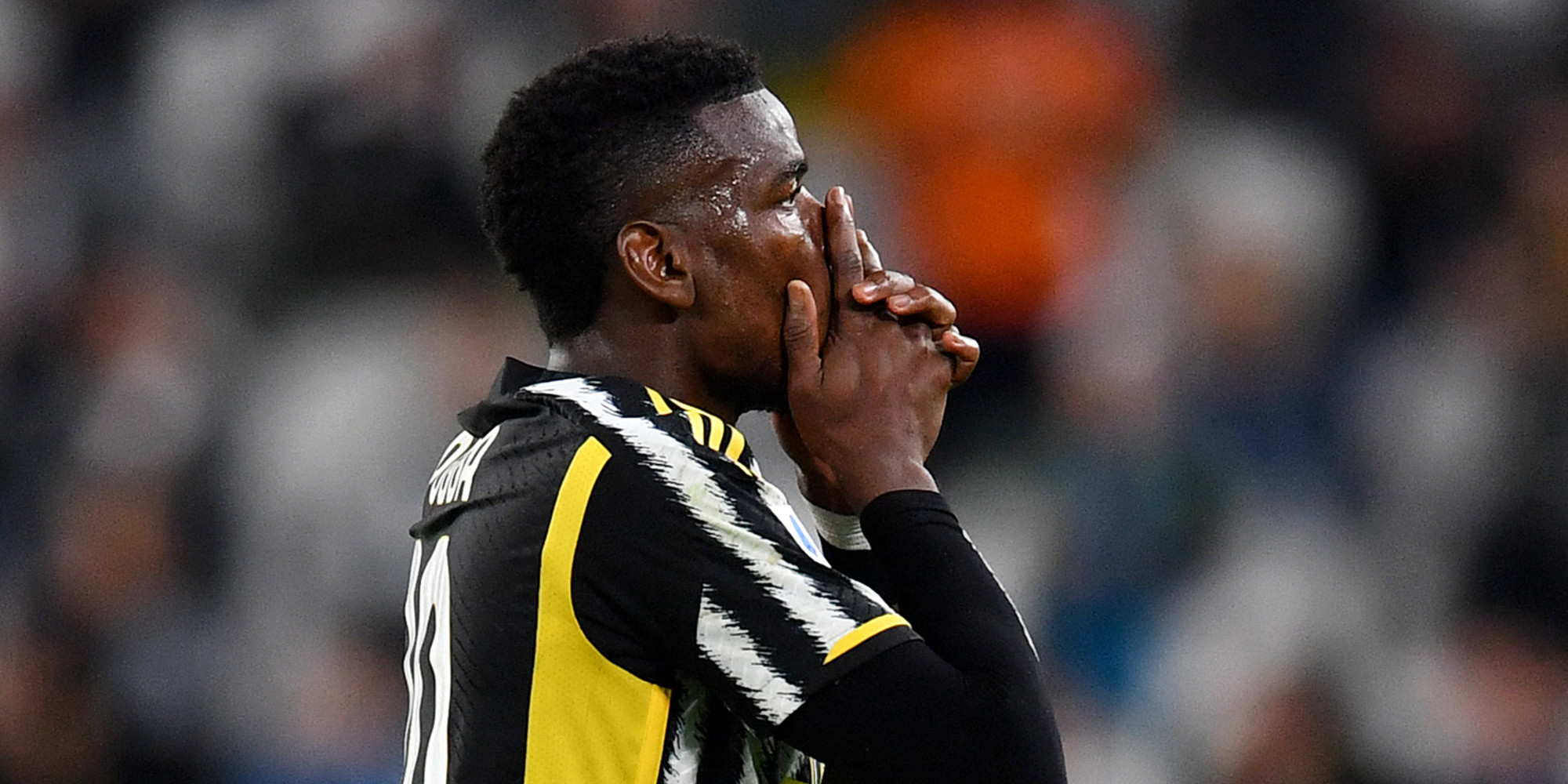Romain Rouillard / Photo credit: Valerio Pennicino / GETTY IMAGES EUROPE / Getty Images via AFP
“What is certain is that Paul Pogba never wanted to break a rule.” These words are those of Rafaela Pimenta, representative and agent of Paul Pogba, in comments reported by RMC Sport. Monday evening, the French midfielder from Juventus Turin, world champion with the Blues in 2018, was provisionally suspended after a positive doping test for testosterone. At this stage, counter-analyses must still be carried out in order to confirm the presence of the substance in Paul Pogba’s body. If necessary, the former Manchester United player faces a permanent suspension of four years, which, given his age (30), would almost mark the end of his career.
According to Rafaela Pimenta, Paul Pogba was therefore doped without his knowledge of his own free will. For the moment, no evidence is able to support this thesis. However, there are situations in which an athlete may, in fact, come into contact with a doping product involuntarily. “There may be a lack of awareness, on the part of athletes, of the regulations. Some go to their doctors and are prescribed a medication banned by the anti-doping agency,” illustrates Grégory Waldek, doctor at the medical prevention branch of doping. doping in Île-de-France. However, certain athletes can obtain exemptions if they suffer from chronic illnesses.
“An athlete is responsible for what he takes”
These prohibited products can also be hidden in food supplements, recommended by the doctors of the sports structure in which the athlete plays. “Especially since, in the case of food supplements, the manufacturer is not obliged to include all the components. Certain products can therefore be contaminated by a doping substance,” supports Grégory Waldek. But in this type of scenario, which is ultimately quite classic, the athlete in question often has difficulty demonstrating his good faith. “An athlete is responsible for what he takes,” insists Martin Ducret, sports doctor at Insep. Grégory Waldek confirms: “There is a rule at the French anti-doping agency: the athlete will always be responsible for what is found in his samples”.
However, athletes may sometimes be required to consult health professionals, apart from the doctors who follow them on a daily basis. “These doctors are not necessarily cardiologists, for example,” illustrates Grégory Waldek. “But it’s up to the athlete to notify the doctor and say ‘be careful, I’m a high-level athlete’.” Furthermore, athletes are not supposed to be unaware of the presence of this or that substance in the list of prohibited products. “They receive training on this. Especially high-level athletes,” says Martin Ducret. “We cannot ask athletes to know all the prohibited products by heart, but there is a website for that,” explains Grégory Waldek.
Several cases of suspension in the past
Regarding testosterone, ingested by Paul Pogba, this substance can in fact be found in certain food supplements intended to increase the athlete’s muscle mass. “Often, it is listed in the product description, but sometimes, it can happen that it is not mentioned,” indicates Grégory Waldek. In the past, several footballers have seen their names associated with doping cases. In 2018, Frenchman Samir Nasri was suspended for six months due to an intravenous infusion, suffered without UEFA’s agreement. More recently, Cameroon international goalkeeper André Onana was sidelined for nine months due to a pill against water retention prescribed to his partner, which he says he accidentally ingested.
Finally, this Tuesday, it was the Romanian tennis player, Simona Halep, former world number 1 and title winner at Roland-Garros in 2018, who received a four-year suspension for two violations of anti-doping regulations.
